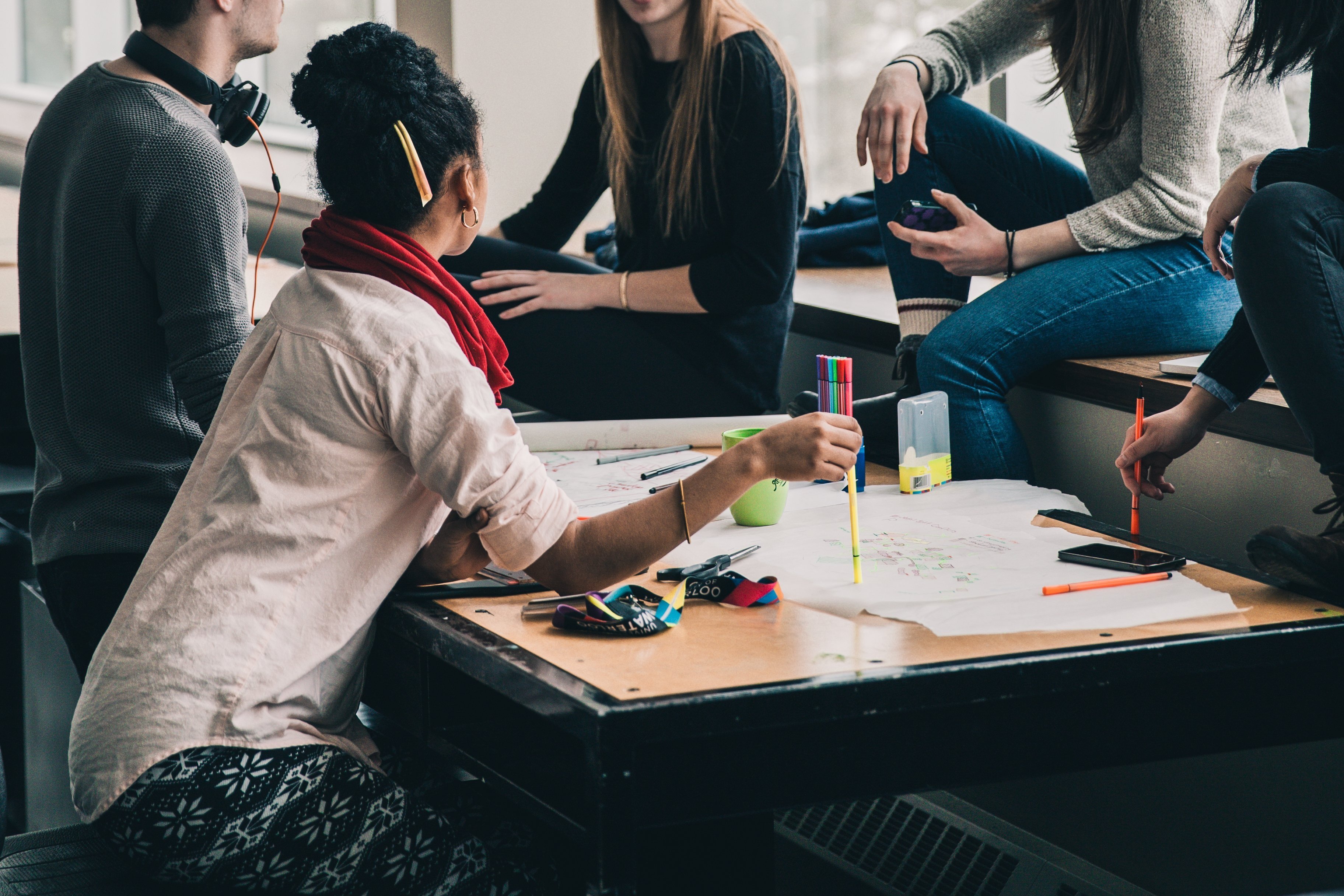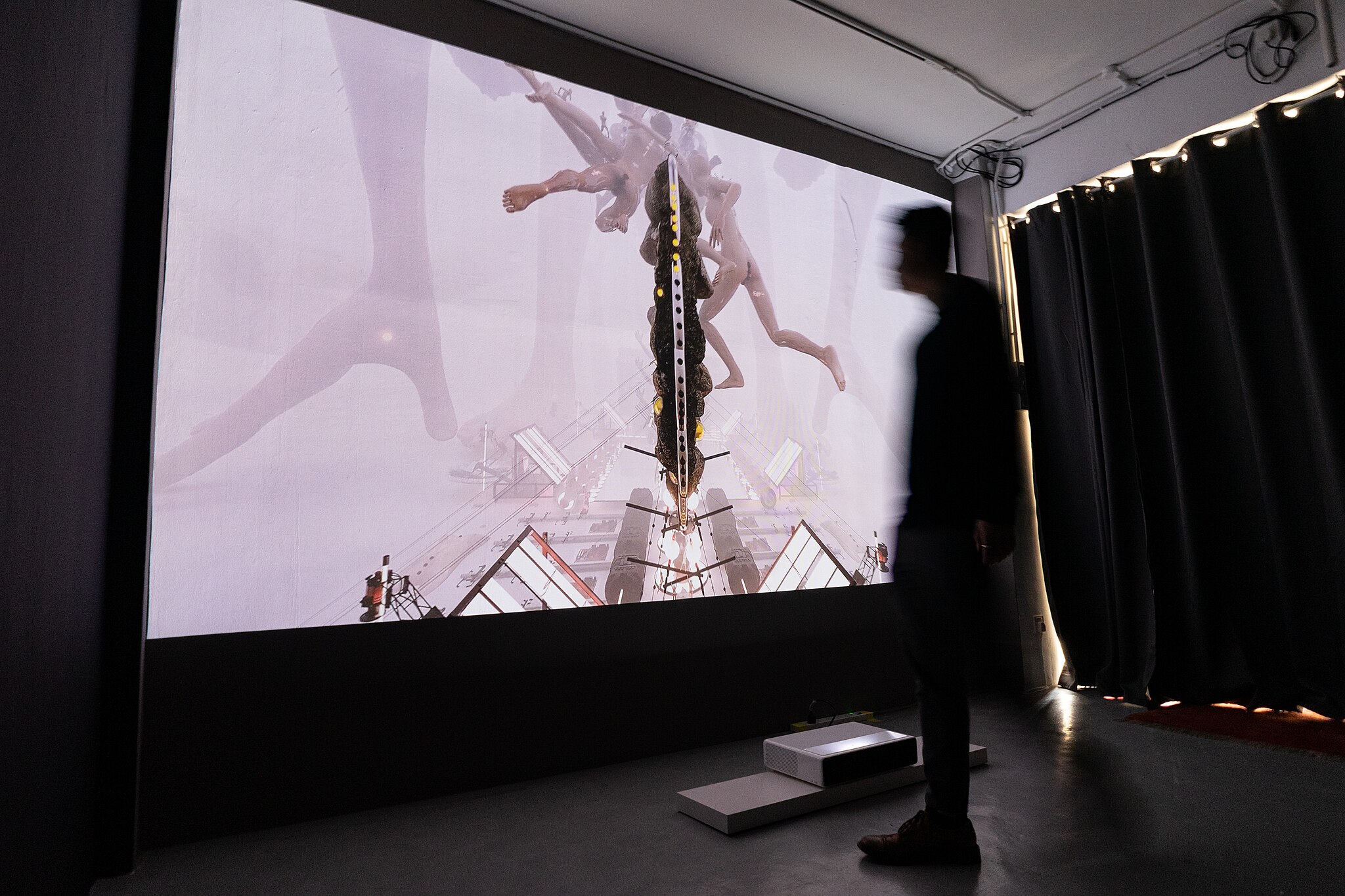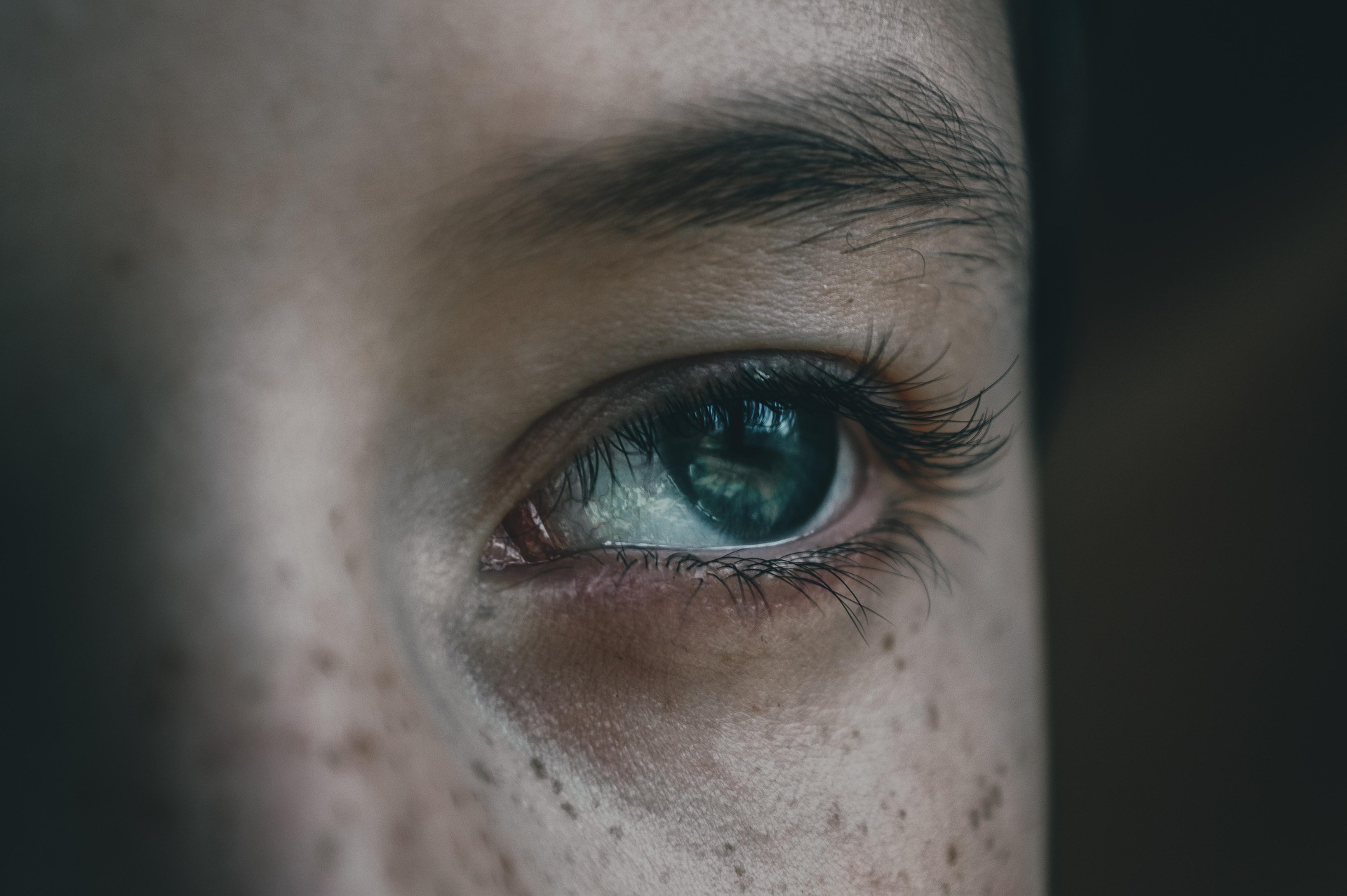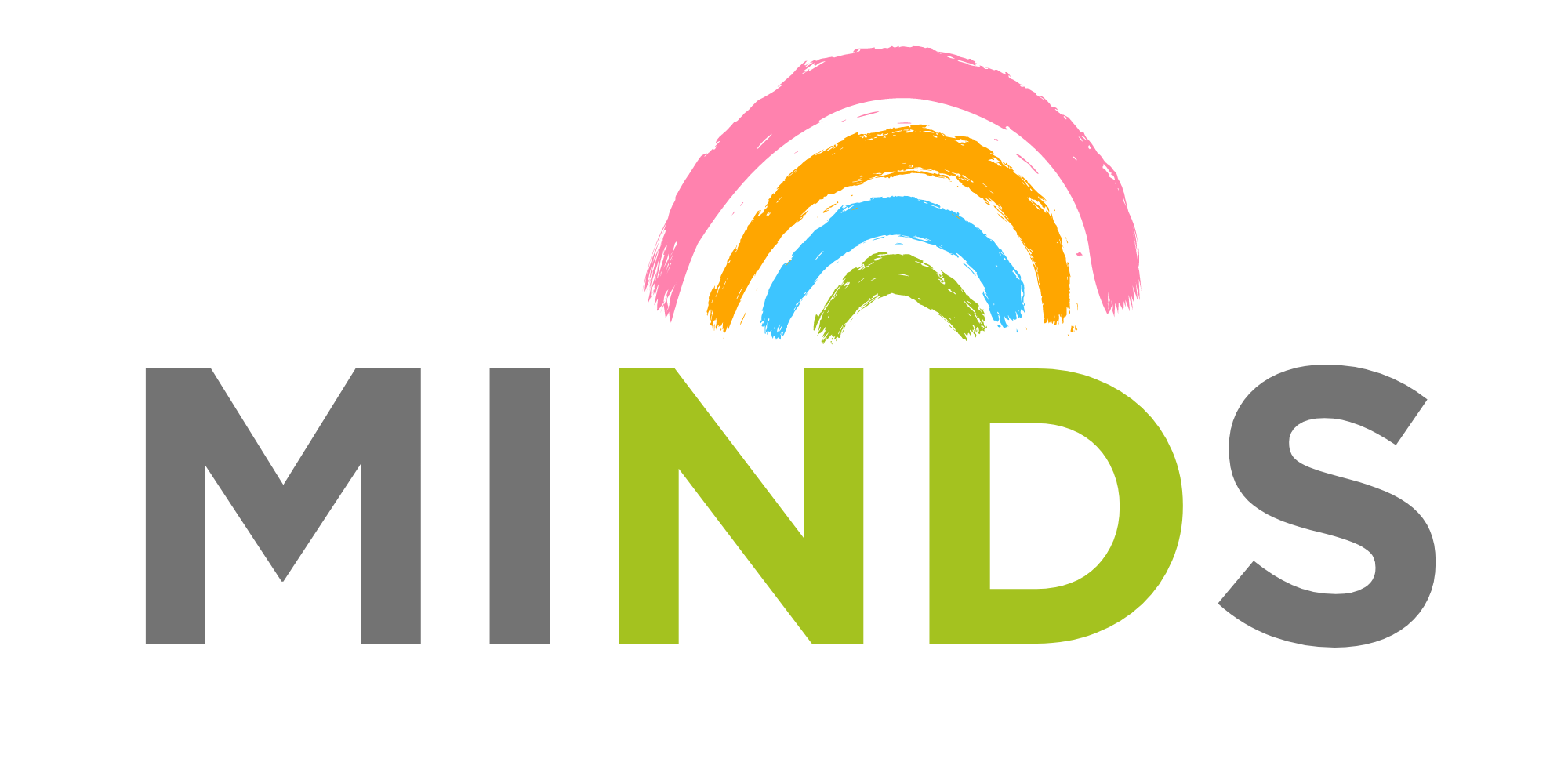Category: Neurodivergent Inclusion in Research
-

Visual Attention in Neurodivergent People
Earlier this year we shared Dr. Teresa Del Bianco’s study on making eye tracking studies more inclusive. Now, a team of three MSc Students here at Queen Mary University of London are looking at how eye tracking can reveal more about visual attention in neurodivergent people. Yasmin Ahmed, Yursa Sheekh, and Roda Fuad Mohammed are…
-

Neurodivergence & Robotics: A Participatory Study
Exciting news! The time has come when my own study can join the number of those using inclusive methodologies which we’ve shared via our blog. For many neurodivergent people, the diagnostic process can be one of embarrassment, frustration, and stress – but could (and should) computers and robotics be involved in this process? Using a…
-

AutARK Technology Workshop at INTERACT 2025
Last year, we shared a call for papers for a special issue of Interacting with Computers curated by the AutARK project at TU Dresden. The team are back again with the opportunity to present work or lived experiences with neurodivergence and technology. Their workshop at the upcoming INTERACT 2025 conference will focus on the methodological…
-

Follow-Up: The “I’m Me” Festival
Back in October 2024, we shared details of the “I’m Me” project at York St John University – which aimed to encourage autistic people and those with disabilities to explore themes of identity, representation and voice through the creative arts. Read more about it in our previous blog post. The multi-modal project will culminate in…
-

The Future of Eye Tracking: Including Neurodivergent Perspectives
Eye tracking technology is used regularly in research, especially in the areas of psychology, neuroscience, and human-computer interaction. By sending out infared light, a camera can pick up its reflections in a user’s eye, where advanced algorithms can detect eye movements and gaze point, alongside lots of other useful values. Like all technology, however, its…
-

Co-Design in Online Platforms with Autistic Users
Recently, the Autistic Adults Online research team at Queen Mary University of London and the University of Edinburgh, shared their latest toolkit for user experience designers, researchers and developers The team, led by Prof. Nelya Koteyko, have been investigating, for the past four years, how autistic adults communicate and interact on social media platforms. Their…
-

Inclusivity through the Creative Arts: “I’m Me”
How can the creative arts help autistic people and those with learning disabilities to explore and share lived experiences? That’s the question that the team behind the “I’m Me” project at York St John University are trying to answer. Through their 2-year Arts and Humanities Research Council funded project, Matthew Reason, Kelsie Acton and Jade…
